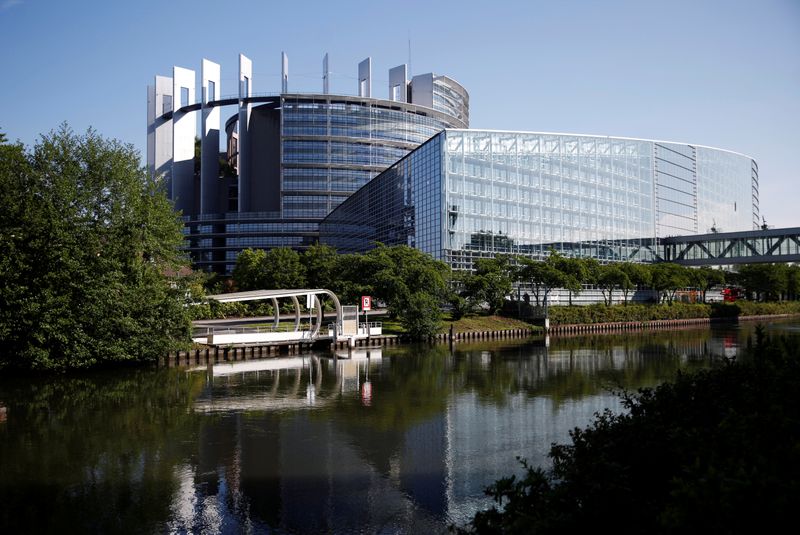BRUSSELS (Reuters) – The European Parliament on Wednesday adopted on a report calling on the European Commission to propose legislation forcing companies to find and fix risks to human rights and the environment in their supply chains.
While many European companies have sprawling global operations including in countries where environmental and human rights abuses are rife, there is currently no EU-wide requirement for them to have a due diligence process in place.
The report adopted by the European Parliament aims to influence legislation the Commission will propose holding companies accountable for the impact of their business operations around the world.
The report asks the Commission to propose a law requiring companies established in the EU to identify, monitor, prevent and remedy risks to human rights, the environment and governance in their operations and business relationships – including suppliers and sub-contractors.
“The problem is … certain companies, outsourcing their risks to vulnerable people or places for profits,” said Lara Wolters, parliament’s lead lawmaker on the report.
The core of the law should be a legal requirement for all companies to have a due diligence process in place, she said. National authorities could impose penalties for non-compliance and investigate complaints.
By forcing companies to comb their supply chains for issues, the aim is to prevent catastrophes like oil spills or the 2013 Rana Plaza disaster, when a Bangladesh garment factory building collapsed, killing more than 1,000 people.
Parliament said the EU law should also give victims of human rights violations the right to take EU companies to court.
Legal charity ClientEarth welcomed the initiative.
“It’s no longer feasible to rely on goodwill,” said ClientEarth trade lead Clotilde Henriot.
(Reporting by Kate Abnett; Editing by Giles Elgood)


























